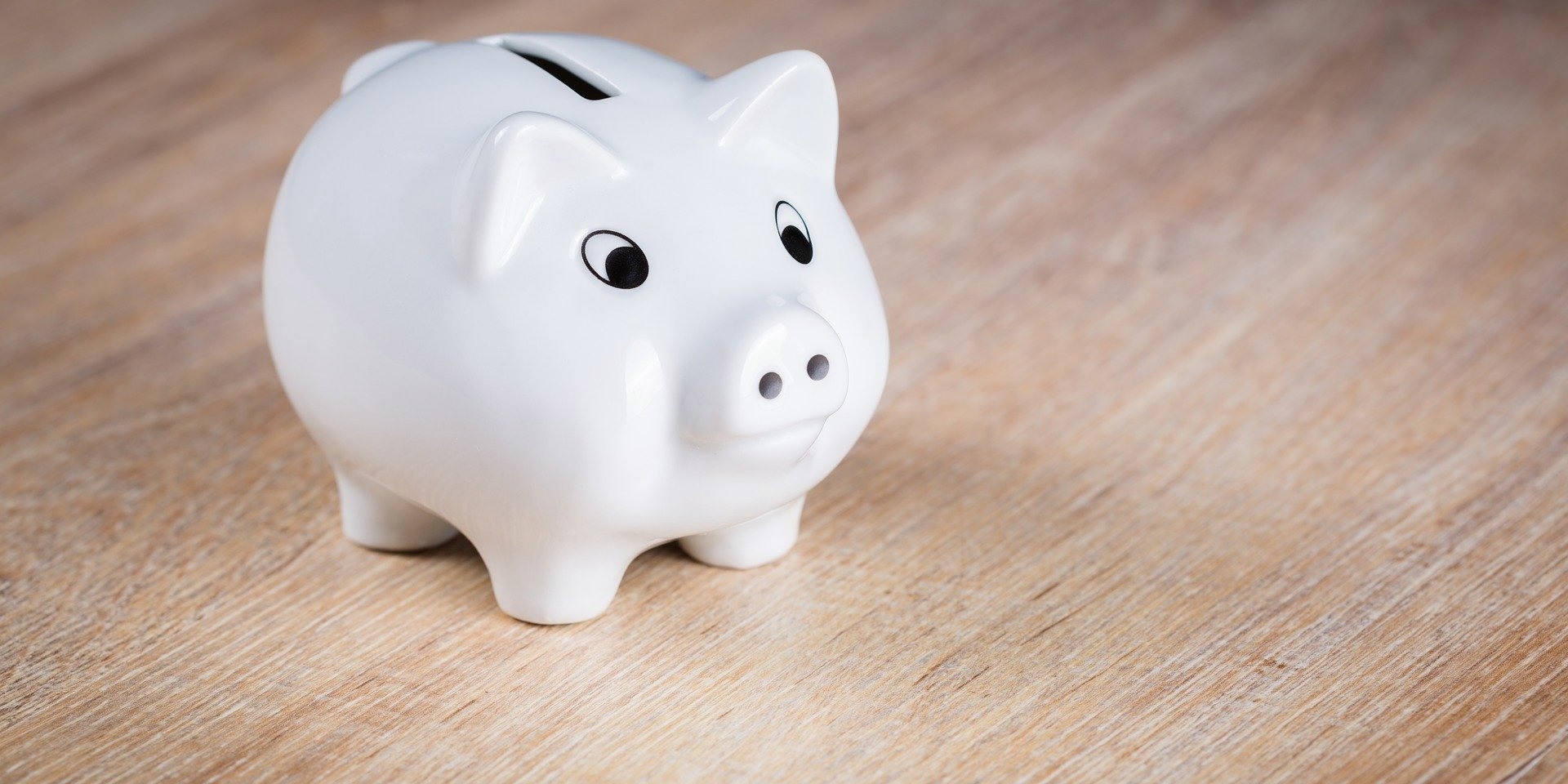Carole Ferry, edited by Antoine Terrel 12:11 p.m., September 15, 2021
During the past year, the French have made very significant savings thanks to the various confinements.
This money is generally found in current accounts, which remains an investment popular with the French.
It is the 15th of the month, and the French have never had so much money in their checking account.
With the closure of restaurants and cinemas or the suspension of travel plans, the lockdowns that marked the Covid-19 epidemic have saved them more than 150 billion euros.
And for the moment, with many French people, sleeps at the bank on their current account.
In 2017, the French had 380 billion euros in their current account ... We are now at more than 500 billion euros.
Money that sleeps in unpaid accounts, but easy to access, and which can be withdrawn when desired: an element that reassures in times of crisis.
"Reorient part of this forced savings"
Normally, this is also the advantage of the livret A or the sustainable development booklet, but their remuneration rate of 0.5% is not a great incentive. Anyway, according to the director of the Cercle de l'épargne Philippe Crevel, it is now time to reallocate these sums. "I understand the French in their behavior ... They had a major shock" with the epidemic, he explains at the microphone of Europe 1.
But, he adds, "today, at the end of the health crisis, it is time to redirect part of this forced savings towards investments, whether it is the action savings plan, the life insurance, or to carry out a project, set up a business, invest in a house. " On average, continues the specialist, "we say that you have to keep two months in your current account, and the rest can be allocated between short-term and longer-term precautionary savings". Or rather six months' salary, according to a BNP Paribas advisor, but beyond that, keeping money without making it profitable is to take the risk of losing it in the long term ".

